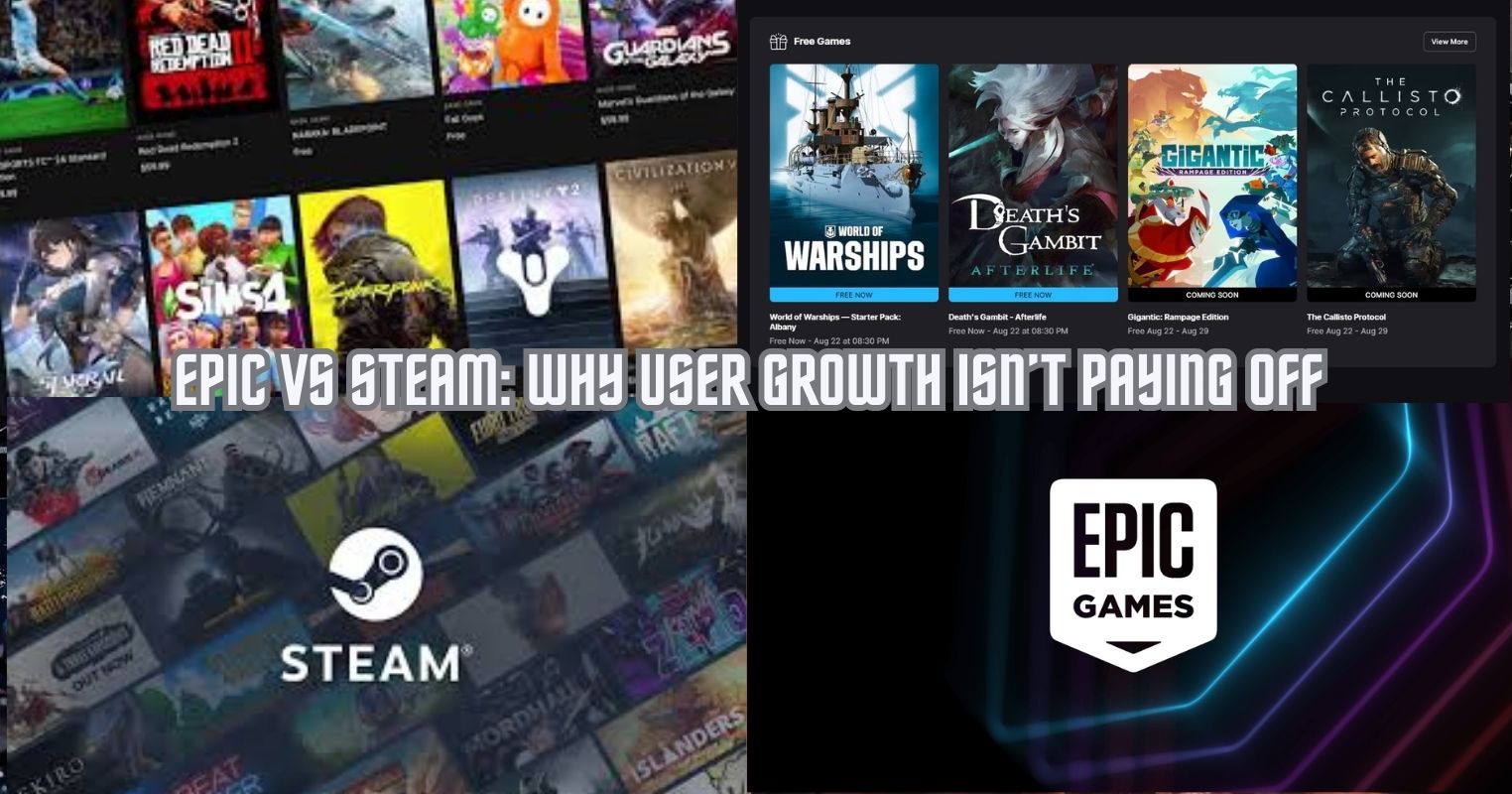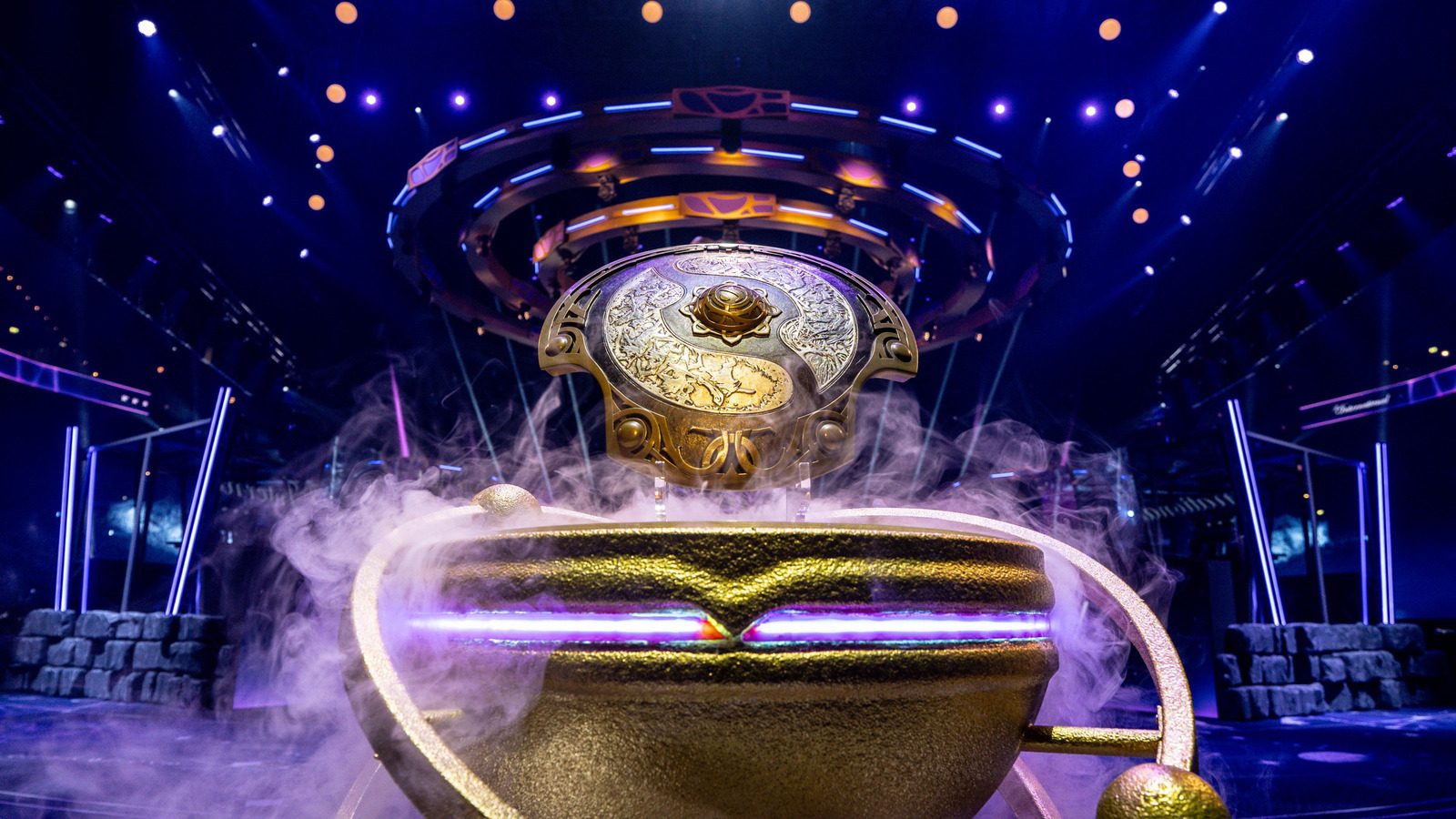- AMD faces challenges with delays in RDNA 4 GPUs and lackluster Ryzen 9000 performance.
- Nvidia’s upcoming RTX 50-series and Intel’s Arrow Lake CPUs pose increased competition.
- AMD’s perceived stagnation could impact consumer choices and market position.
In the ever-evolving tech landscape, AMD has always been known as the smaller company that worked hard to succeed. With groundbreaking innovations in Ryzen CPUs like 5000XT and Radeon GPUs like Radeon RX 7800 XT And 7700 XT GPUs, AMD’s rise was remarkable.
However, recent trends suggest a shift in this narrative, raising the question: Is AMD losing its edge? Let’s compare AMD’s current challenges and trends to better understand this.
AMD Vs. Nvidia: GPU Showdown
AMD’s recent GPU lineup, particularly the RX 7900 XTX from the RDNA 3 series, was seen as a strong competitor against Nvidia’s RTX 4080 super. However, the excitement surrounding AMD’s GPUs is now fading.
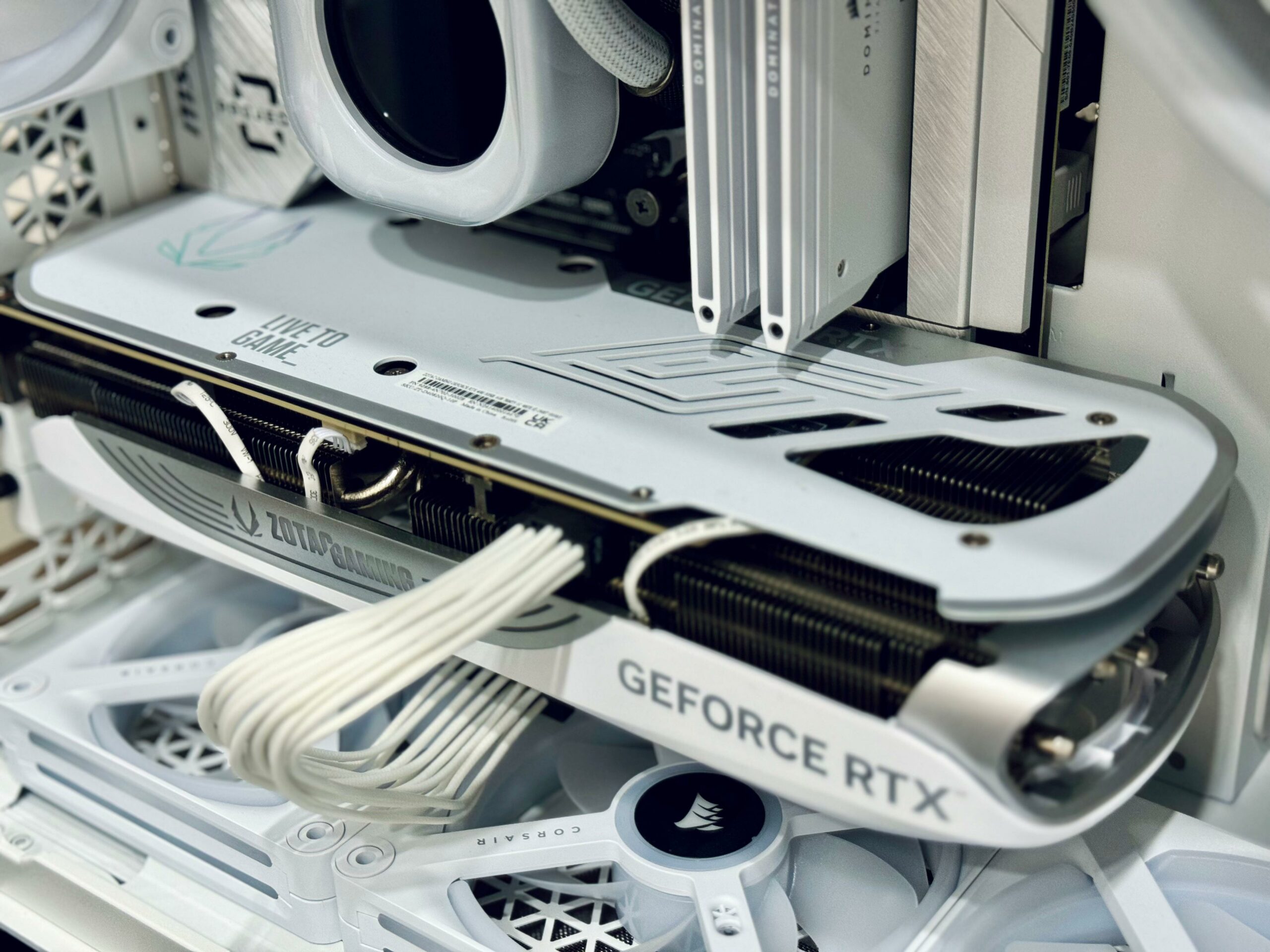
Rumors suggest AMD may delay RDNA 4 graphics cards until CES 2025. Furthermore, like the Polaris and RDNA 1 architecture, AMD prioritises mid-range offerings, bypassing the high-end market of RDNA 4 GPUs. This strategy offers better price-to-performance value and addresses high-end GPU pricing issues.
On the other hand, Nvidia is gearing up to release its RTX 50-series GPUs, which are expected to hit the market by the end of 2024. With Nvidia’s RTX 5090 and RTX 5080 likely to be released soon, AMD’s delay in launching RDNA 4 could allow Nvidia to dominate the high-end GPU market.
There are fears that AMD might retreat from this segment, potentially leaving a gap that Nvidia could exploit. The delay and lower-than-expected performance improvements in AMD’s recent releases have contributed to these worries.
If AMD delays RDNA 4, it could miss out on capturing market share from Nvidia’s new GPUs, which might be priced significantly higher. This missed opportunity could impact AMD’s market position and its ability to offer competitive alternatives to Nvidia’s high-end offerings.
Intel Vs. AMD: CPU Comparison
AMD has evolved from a budget alternative to a dominant force in the CPU market. With the introduction of its Zen microarchitecture, AMD shifted away from the struggling Bulldozer architecture and exceeded expectations, achieving a 52% IPC gain despite aiming for 40%.
Intel’s modest 5% IPC improvements left the market dissatisfied, enabling AMD’s market share to rise from 9% in 2016 to nearly 24% by 2024. In response, Intel launched Alder Lake to rival the Ryzen 5000, while AMD furthered the competition with its Ryzen 7000 series, improving choices in performance and pricing.
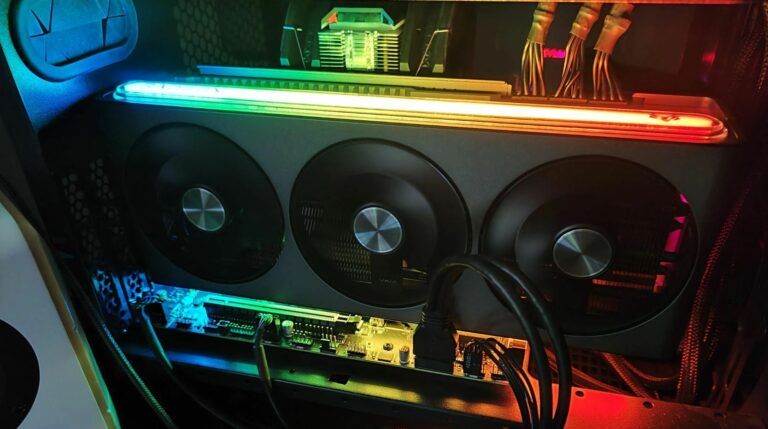
However, the current landscape feels different. Despite being a capable lineup, AMD’s Ryzen 9000 series has been criticized for underwhelming performance improvements compared to previous generations, like 7000x3D.
In contrast, Intel has made notable advancements with its Alder Lake and Raptor Lake series, and leaked benchmarks suggest its upcoming Arrow Lake CPUs may offer a significant performance boost, further challenging AMD’s position.
AMD’s major strength lies in its 3D V-Cache technology, which enhances gaming and productivity performance. However, Ryzen 9000’s 3D V-Cache versions won’t be available for months, causing a delay that will affect consumer perception.
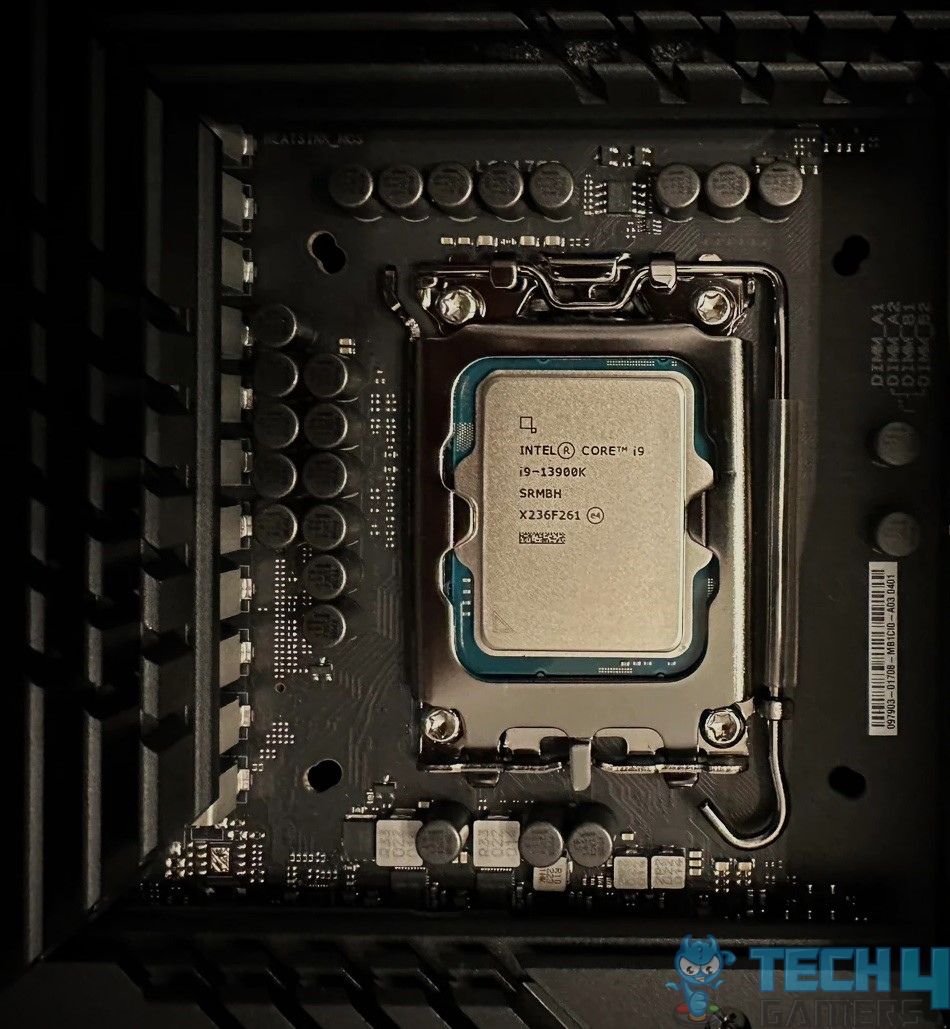
AMD’s pricing strategy, which historically offered great value, now faces challenges as the latest CPUs do not provide a compelling upgrade over previous generations. This could influence consumer decisions and impact AMD’s market position relative to Intel.
From Leader To Laggard?
AMD’s journey from underdog to industry leader has been remarkable, but recent trends suggest that the company may face significant challenges. The perceived stagnation in GPU and CPU performance, coupled with strategic shifts and delays, raises the question of whether AMD is losing its edge.
The perceived stagnation in AMD’s product innovation could impact consumers’ buying decisions. Delays in key technologies like RDNA 4 and 3D V-Cache could also contribute to this effect. If AMD doesn’t deliver compelling products or address lineup gaps, it risks falling behind competitors.
The upcoming months will be critical for AMD. As the tech landscape evolves, AMD’s ability to innovate and adapt will determine whether the company regains its momentum or becomes a cautionary tale of a tech giant losing its competitive spark.
Thank you! Please share your positive feedback. 🔋
How could we improve this post? Please Help us. 😔
[Wiki Editor]
Ali Rashid Khan is an avid gamer, hardware enthusiast, photographer, and devoted litterateur with a period of experience spanning more than 14 years. Sporting a specialization with regards to the latest tech in flagship phones, gaming laptops, and top-of-the-line PCs, Ali is known for consistently presenting the most detailed objective perspective on all types of gaming products, ranging from the Best Motherboards, CPU Coolers, RAM kits, GPUs, and PSUs amongst numerous other peripherals. When he’s not busy writing, you’ll find Ali meddling with mechanical keyboards, indulging in vehicular racing, or professionally competing worldwide with fellow mind-sport athletes in Scrabble. Currently speaking, Ali’s about to complete his Bachelor’s in Business Administration from Bahria University Karachi Campus.
Get In Touch: alirashid@tech4gamers.com


